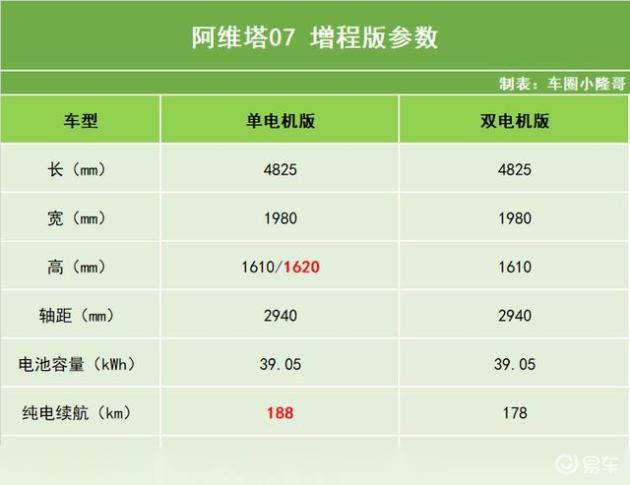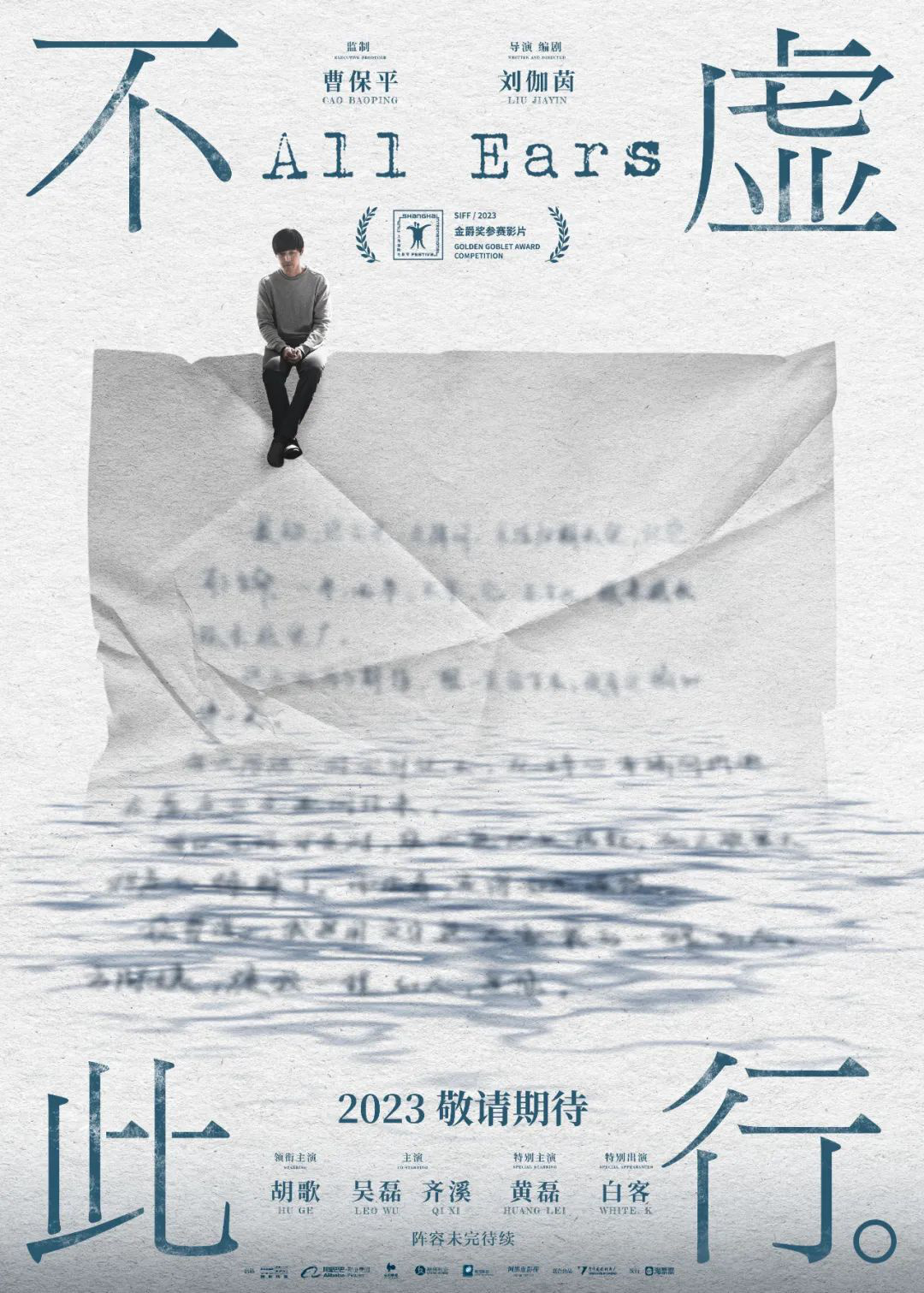
1905 movie network feature Can ordinary people become the protagonists?The answer to this question is put aside, it may be a long thought. The film attempts to show this answer in video.
When the movie "It’s Worth It" was officially announced, it attracted great attention.
One is the theme, the story revolves around the person who wrote the eulogy, and before that, the movie about the undertaker exploded, and people who used to be taboo about talking about death suddenly realized that if you don’t talk about death, how can you talk about life? What’s more, there is nothing important in life except death.
The second is the actor, and he has cooperated three times. The former has witnessed the growth of the latter, and the intimate relationship between Mei Changsu and Feiliu is also continued in "It’s Worth It".
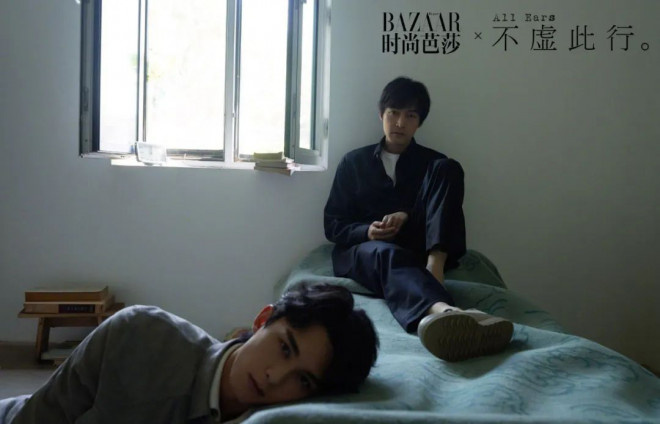
After living up to expectations, "It’s Worth It" finally lifted the veil of mystery and was shortlisted for the Golden Goblet section of the main competition of the 25th Shanghai International Film Festival.
So what is the quality of the finished film? With such a lineup of main creators and a strong topic, does the film really make the audience "worthwhile"? 1905 Movie Network enters this journey with everyone without spoilers, with the question at the beginning of the article.
01.
It was like a pot of tea brewed by director Liu Jiayin. The new tea of the season was brewed with boiled mountain spring water. With the water temperature, the tea leaves sank little by little, and the fragrance of tea wafted out.
Wen Shan (Hu Ge, played) said that writing a eulogy is very simple, complete, submit, modify, and pass.
This process is like a person’s life, living, surviving, adjusting, ending — people go through their life, they will face their own situation in the process of survival, adjust their state, start again, or make small changes, maybe change the track, and finally live a lifetime.
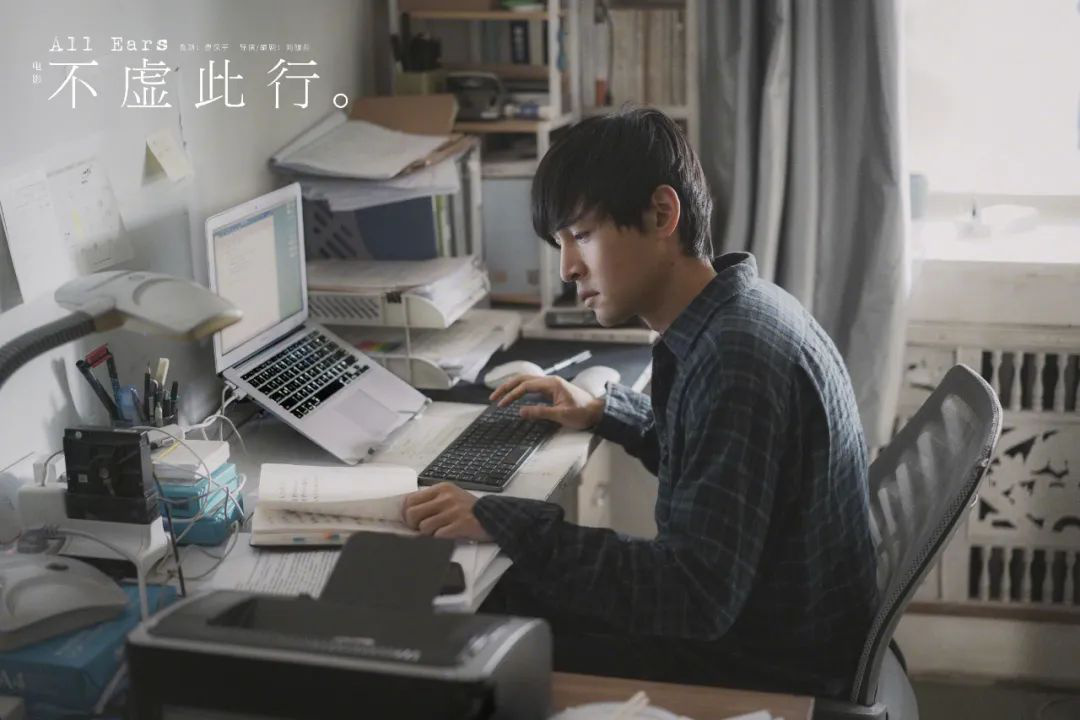
Wen Shan was the best person to do this.
However, he was not someone who made a living by writing eulogies from the beginning. He was originally a screenwriter, but under his pen, the story would always be stuck in the second act.
In the era of print media, many publications would have eulogy columns. Whether it was people with status or ordinary people, their lives were remembered and respected. No matter what they did in the past, their memories were finally recorded in this form.
"It’s Worthy of a Trip" is precisely here, trying to record ordinary people.
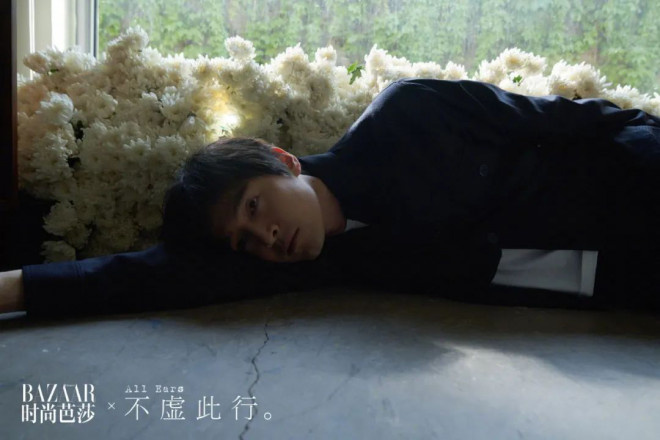
The words life and death, as well as the transformation of life, seem to bring a strong dramatic tension to the film, but the director Liu Jiayin did not enlarge it. The overall style continues the director’s past style, putting life ahead and slowly grinding the drama into the texture of a documentary film.
At the beginning of the story, Wen Shan met with Mr. Wang (played) at the funeral home. People who were busy with work could temporarily lock in the sadness of their father’s death, and all rituals with standardized processes could make way. However, the eulogy was not sloppy. Wen Shan gave a template, which could almost be established by changing the name, but was denied by the other party, so he still needed to write a eulogy that belonged to his father.
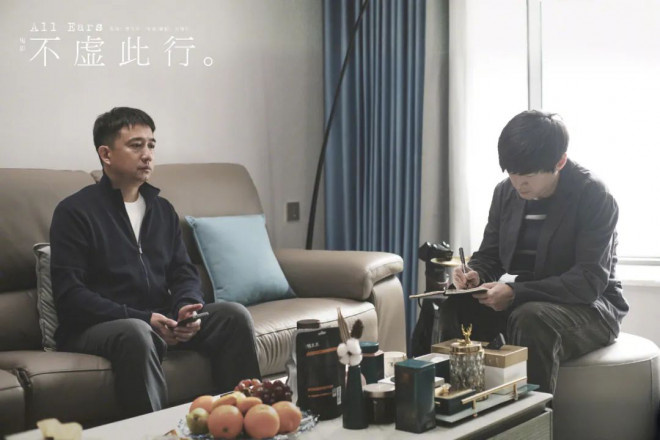
The story that belongs to Wen Shan really begins. He is an observer and a witness. He has no real contact with all these people in his writing. He uses everyone in the lives of this group of people to expand the coordinate axis of the deceased’s life. Even many times, Wen Shan is not about writing, but about listening, just as the English name of the movie, "All Ears".
02.
Director Liu Jiayin did not simply use the story as a composition for Wen Shan, but used the experiences of everyone around him to assist each other with Wen Shan and contribute to the story itself.
In the film, the director intentionally or unintentionally implanted a lot of social issues. Just like the hot search list, celebrity events, lace news topics, more are the lives of the people.
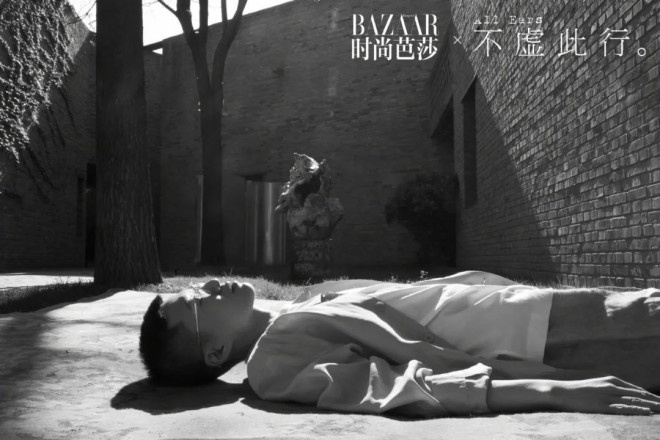
Before Wen Shan began to write the eulogy for Mr. Wang’s father, he continued to complete the eulogy that still needs to be revised after the previous submission. The other party is a native of Beijing, and the siblings now live in various places because of the reform and opening up. During each communication, the deceased’s brother will habitually use Beijing slang, and there will always be a special sentence, you know what this means, and then explain it.
Interestingly, words like "axis" and "dog" were also marked directly in pinyin on the English subtitles. This implantation of Beijing’s native culture also formed a special echo of Wen Shan’s later identity as a North Piao.
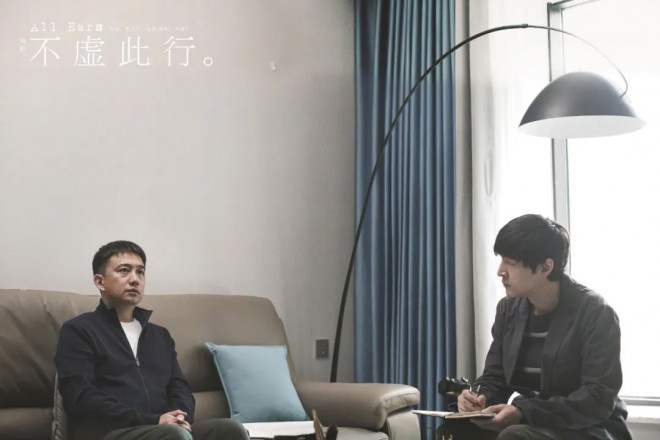
In addition, the perennial social topics such as youth entrepreneurship pressure, pension issues, and mental health issues have all become the key to the story because of Wen Shan’s "visit". The stories of this group of ordinary people have become less ordinary at this moment, and the problems reflected have become the "scalpel" to analyze society.
The seemingly depressing topic did not appear bitter and bitter under Liu Jiayin’s lens, but was injected with more soft emotions, like it should have been the theme of an argumentative essay, and eventually turned into an annotation of a prose poem.
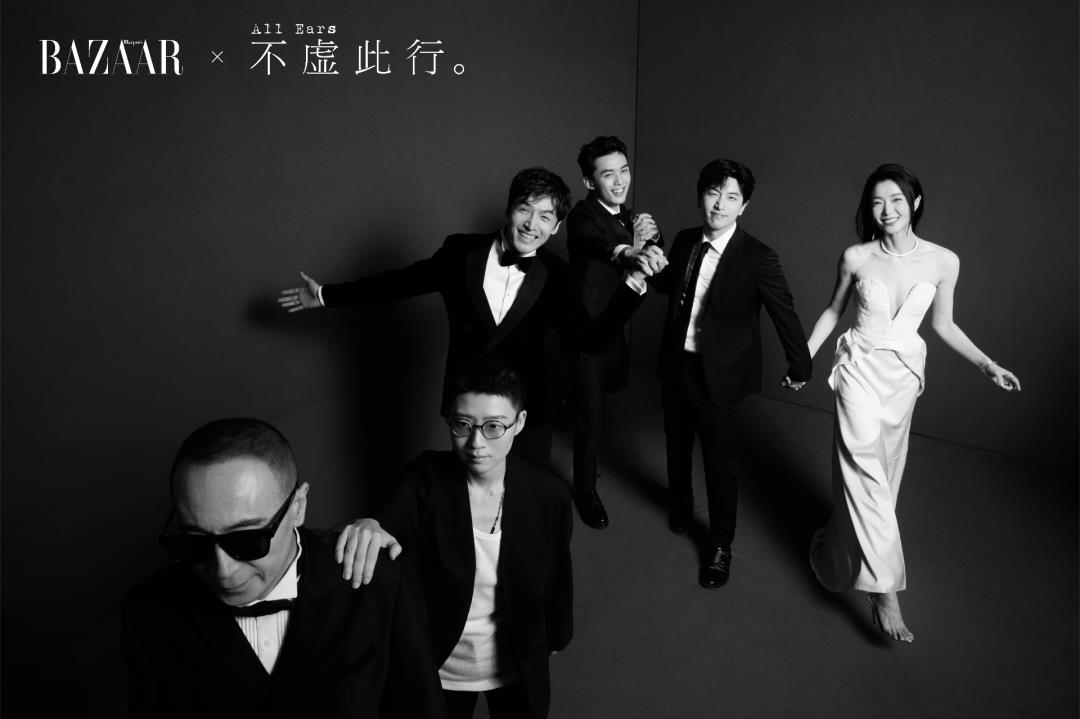
As an associate professor of literature at the Beijing Film Academy, Liu Jiayin has played to her creative strengths, especially in terms of text with care, without pushing the audience’s emotions too much, and finally transformed into the language of the camera. She is also extremely restrained and does not use too much force.
"It’s Worth It" writes about people, not only those who left by Wen Shan, but also Wen Shan. The film’s landing point eventually returns to himself. The person who writes about ordinary people is actually ordinary people themselves.
Those customers are like passers-by, maybe they are eager to hear the words of kindness, but they are not so urgent to hear kindness. Liu Jiayin also arranged for Xiao Yin (Wu Lei, played), who is the key to understanding Wen Shan. From the relationship between the two characters to the performance mode, they complement each other, and there are great surprises, which is the key theme of the film.
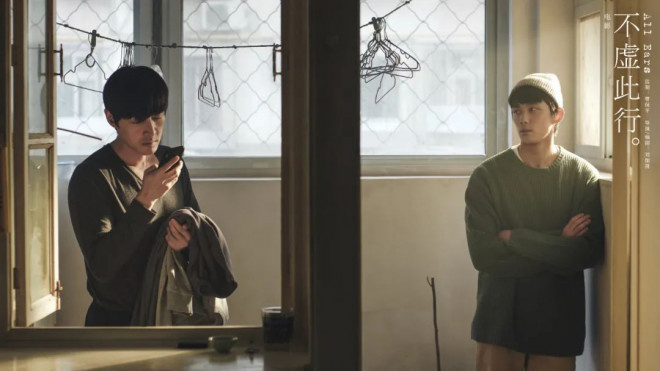
03.
For "This Trip Is Worth It", to write "ordinary" is to let Wen Shan find himself.
Perhaps to some extent, Wen Shan is also the director Liu Jiayin himself. It has been 13 years since Liu Jiayin’s last feature film "Cowhide 2", and there has been no creation in the middle. This is actually transferred to Wen Shan.
Wen Shan had written a story that had no follow-up and had hidden it in his heart for a long time, but he never seemed to find a real way to continue. He actually had low self-esteem in his heart, or lived in his own world. In that story, he had always hoped to be a better protagonist, but in the end, it was just an idealized version of himself.
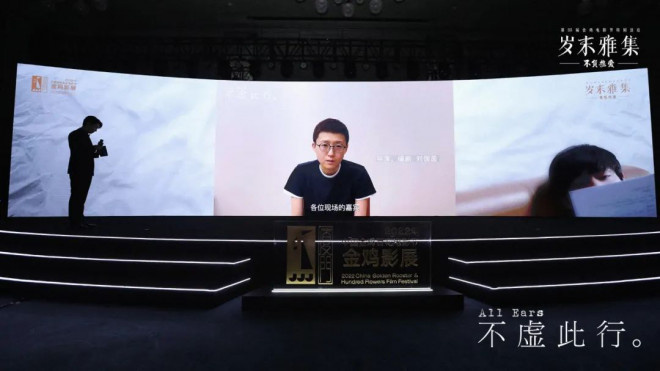
Therefore, this role is also very challenging for actors.
He needed a deeper performance, and in fact, he could see that Hu Ge had made a lot of changes from the appearance to the inside when presenting this character – the white hair on his head and the puffy face were all his usual state of staying up late, and Hu Ge, who was no longer so delicate, became more "ordinary" as a whole.
Not only that, this character will require him to be more restrained, especially in his state of inferiority, his eyes and way of speaking are obviously well-suited, and he can be seen to have changed a lot.
Perhaps, this is also the way Hu Ge found Wen Shan.
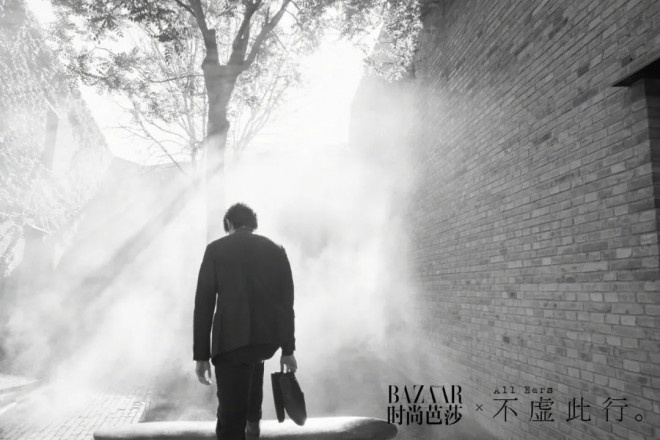
With ordinary questions, with the seasonings of life, everyone becomes the protagonist. Names typed many times in the input method will be recorded into key words by the software, and will not disappear after many years. As the movie Wen Shan said, "If the ordinary is beautified, ordinary people can also be the protagonists."
Perhaps this is the answer given by "It’s Worth It".









